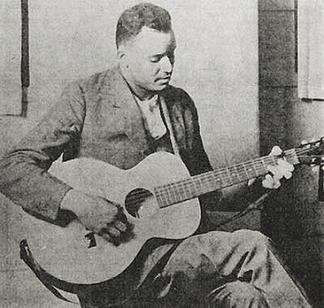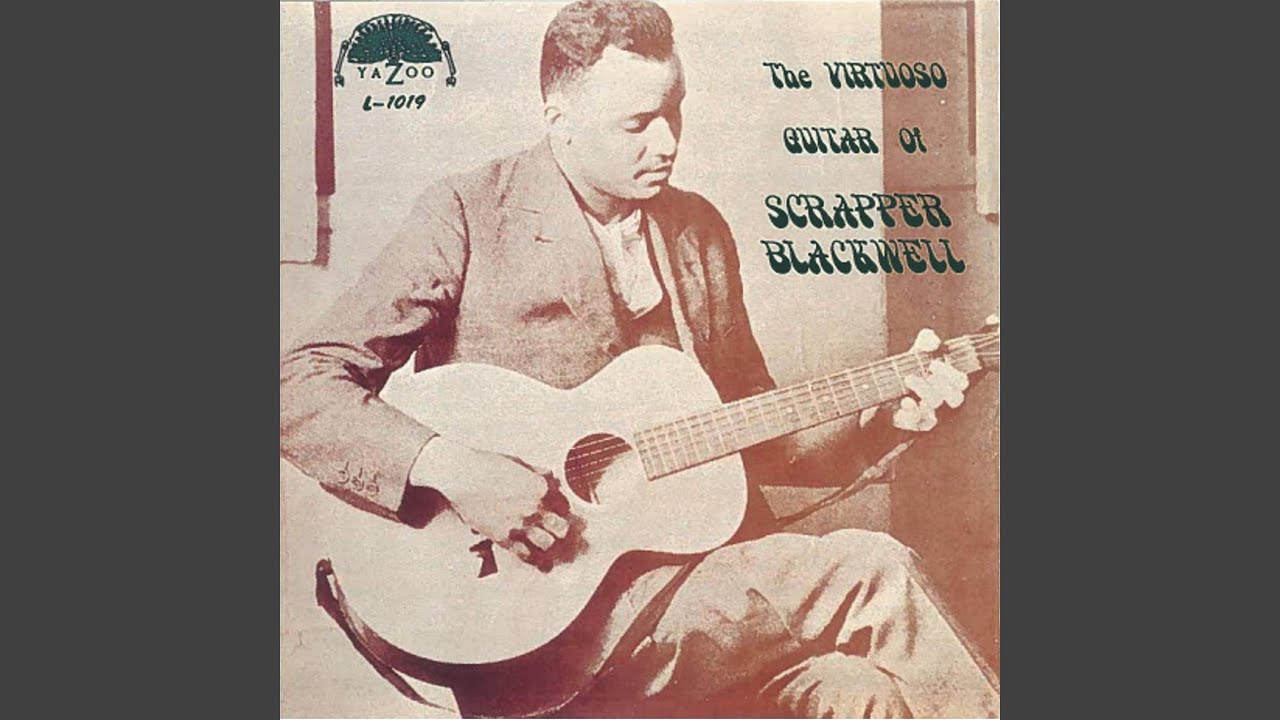Scrapper Blackwell may not be a household name to casual music listeners, but to blues aficionados, he is a true pioneer. Known primarily for his partnership with pianist Leroy Carr, Blackwell’s influence on the development of the blues guitar style is immense. Here are five fascinating curiosities about this underrated blues legend:
1. His Real Name Was Francis Hillman Blackwell
Scrapper Blackwell was born as Francis Hillman Blackwell on February 21, 1903, in Syracuse, North Carolina. He earned the nickname “Scrapper” because of his fiery personality and his tendency to get into fights as a youngster. The name stuck and became synonymous with his powerful and expressive guitar playing.
2. A Self-Taught Guitar Virtuoso
Blackwell taught himself how to play the guitar at a young age, crafting his own instruments before he could afford a proper one. His unique fingerpicking style and lyrical phrasing helped define the urban blues sound that would later influence countless guitarists, including Robert Johnson and T-Bone Walker.
3. Pioneering Partnership With Leroy Carr
In the late 1920s, Scrapper Blackwell teamed up with blues pianist Leroy Carr. The duo recorded the hit song “How Long, How Long Blues” in 1928, which became one of the earliest blues records to achieve widespread popularity. Their collaboration helped shift blues music from the rougher, country style to a smoother, more urban sound that resonated with city audiences.
4. A Career Cut Short and Revived
After Leroy Carr’s death in 1935, Blackwell retreated from the music scene, disillusioned by the industry and the loss of his friend. He spent nearly two decades in obscurity before making a brief comeback in the late 1950s, recording new material that was praised for its depth and maturity. His album Blues Before Sunrise showed that he had lost none of his talent.
5. A Tragic End
Just as Scrapper Blackwell was regaining recognition, his life was tragically cut short. In October 1962, he was shot and killed during a mugging in Indianapolis, Indiana. His death at the age of 59 ended a life marked by musical brilliance, personal hardship, and a quiet return to form that hinted at what more he might have contributed to the blues world.
Final Thoughts
Scrapper Blackwell’s contributions to the blues guitar tradition are invaluable. Though his name is often overshadowed by other legends, his work—especially in tandem with Leroy Carr—laid the groundwork for many artists who followed. Remembering these curiosities not only honors his legacy but also sheds light on an important chapter in American music history.


Comments are closed